
The results of the study found that those taking IRL790 had a mean reduction of 8.2% in dyskinesia scores compared to placebo.

The results of the study found that those taking IRL790 had a mean reduction of 8.2% in dyskinesia scores compared to placebo.

After failing to show motor symptom improvement in patients with Huntington disease in several clinical trials, pridopidine may have hit the end of its developmental road.

Growing enthusiasm in the Parkinson disease research community largely centers on advances in understanding the genetic underpinnings of the disease.

The progression of Parkinson disease and response to medication varies widely across individuals, which can make the prediction of disease course challenging.

Long-term consumption of fruits and vegetables may be associated with a lower risk of memory loss over time in men.
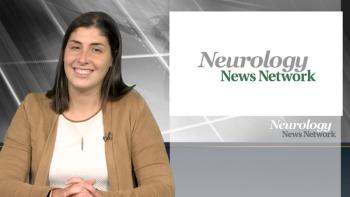
Neurology News Network for the week of December 1, 2018.
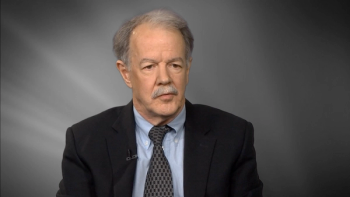
The director of Parkinson’s Disease and Movement Disorders Program at Henry Ford Hospital discussed this pipeline of therapies and the enhancement of the clinical understanding of the disease.
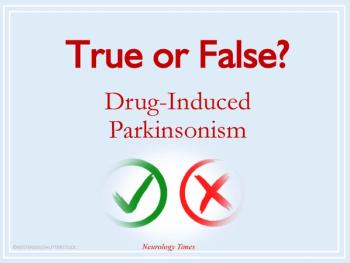
Does the atypical antipsychotic clozapine carry high risk for the development of drug-induced parkinsonism? What are DSM-5 criteria for the diagnosis of neuroleptic-induced parkinsonism? These questions and more in our quiz.
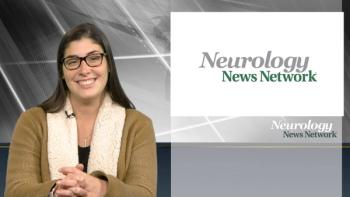
Neurology News Network for the week of November 17, 2018.

Therapies designed to treat neurologic conditions have made up 25% of the submissions to the FDA for a Regenerative Medicine Advanced Therapy designation.

The product was being marketed for conditions including Alzheimer disease, fibromyalgia, spinal cord injury, multiple sclerosis, muscular dystrophy, Parkinson disease, and peripheral neuropathy, among others.

The professor emeritus of psychiatry at the University of Pennsylvania’s Perelman School of Medicine discussed the imperative need for physicians to recognize tardive dyskinesia.

The professor of neurology at Virginia Commonwealth University discussed all the progress that’s been made in the space and shared her thoughts on the advances.

The professor emeritus of psychiatry at the University of Pennsylvania’s Perelman School of Medicine spoke about the condition and the available therapies, as well as some of the needs that remain unmet.

The associate professor of neurology and neuroscience at Weill Cornell Medicine spoke about the history of cell therapies for Parkinson disease and how it’s informing current work.

The Pediatric Movement Disorders Neurologist at UT Southwestern recommends that when encountering a patient with a movement disorder to organize your thought process in 3 steps.

The associate professor of neurology and neuroscience at Weill Cornell Medicine discussed this work, and what she and her colleagues believe could be addressed by a successful effort.

Customizing injection sites and amounts of botulinum toxin for different presentations of essential hand tremor has been shown to avoid hand weakness.
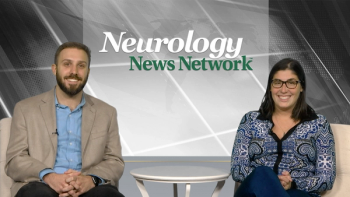
Neurology News Network for the week of Oct. 27, 2018.

A phase 2 trial demonstrating a PDE-10A inhibitor to be safe but not efficacious for Huntington disease could be followed with the testing of a higher dose.

Despite some mistrusting the abilities of imaging to aid in therapeutic development, a new MRI method could better inform the anatomical understanding of the striatum.

Botulinum toxin was found to improve restless leg syndrome in the largest, well-controlled study of the investigational intervention to date.

New brain stimulation technology is proven effective for Parkinson in the first double-blind, sham-controlled trial of this type of intervention.

ITI-214 showed favorable safety with early signs of improvement in motor symptoms for patients with Parkinson disease

The director of the Center of Neurogenetics at Weill Cornell Medicine spoke about the wealth of improvements that have really turned this area of medicine into a much more hopeful one.